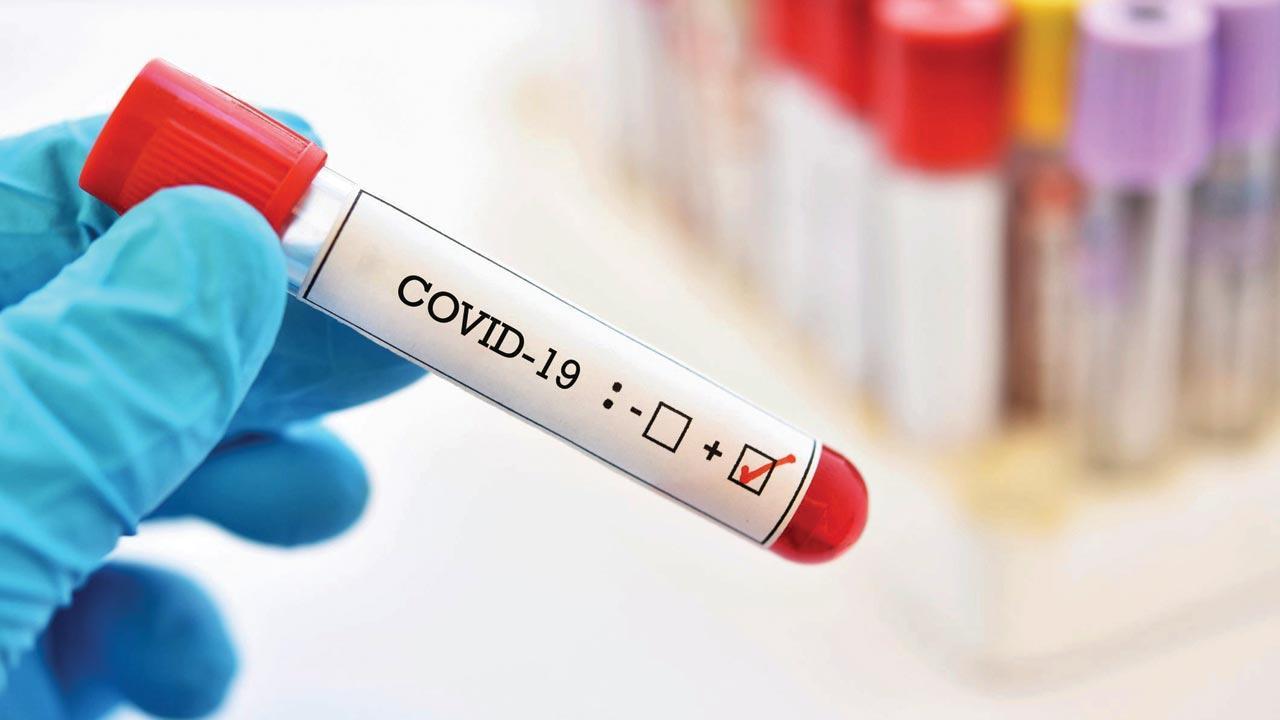I tested positive for COVID exactly one week ago. I am writing from the Emergency Room of a hospital in Bangkok. Here’s how last week changed me

Thanks to early testing, mild symptoms and an early dose of Regeneron’s monoclonal antibodies, Gopinath has been symptom-free for five days now
 The Thai nurse was pleasant but neutral. “Unfortunately, sir, your COVID test result has come positive.”
The Thai nurse was pleasant but neutral. “Unfortunately, sir, your COVID test result has come positive.”
ADVERTISEMENT
My symptoms were mild, probably because of my single Astra vaccination. I had a low-grade fever of 99.6°F and a slightly raw throat. Nothing else.
There are supposed to be five stages of dealing with such news—denial, anger, depression, negotiation and acceptance. I went directly to number five. I’m 69; I’ve lived and fed well, traveled where I’ve wanted, made lifelong friends, been kind as often as I could, written several books, have done things others have never even considered. My son and daughter are in their 20s, birds finding their wings.
What better time to go?
Realising that I could be gasping for oxygen this time tomorrow, I systematically attended to my end-of-life paperwork. My son received a list of passwords, login details, bank accounts and phone numbers.
Message Sandra not to wait for my column next week—or any other week.
A Living Will, explaining my treatment preferences if I went comatose, was also laid out in a two-page document. No intubation, no artificial extension of life and pain, no tracheotomies to feed me against my will. Just let the man go.
I updated my Last Will and mailed copies to several people.
Lastly, I found a hospital willing to give me a dose of Regeneron’s monoclonal antibodies intravenously. I checked myself in there, with a nice sense of having prepared well for a long journey to a distant place. If the Regeneron did not work, I’d die, like millions of others.
In brief, a part of me had rolled over and decided to go without a whimper, muttering about karma, fate and destiny, long before COVID killed me.
I do have that other mind inside, the sceptical one that can’t leave well enough alone and asks too many questions. It asked me why I had so easily concluded that testing positive meant death? Did most people actually die when they got infected?
I turned to the web with this question: if a person got infected with the SARS-CoV-2 virus, what were the chances of death? The usual number given, the case fatality rate or CFR, tells you how many died out of the people who got tested and were found positive, such as I. The number varies among countries but hovers between 1% and 2%.
The larger number, of those that got infected but never got tested, is estimated to be as much as 10 to 30 times higher, while uncounted deaths are estimated to be thrice as high. Even with their margins of error, the estimated infection fatality rate (IFR) will always be even lower than the CFR, because the denominator will be so much larger.
With COVID-19, it hovered around 0.67 per cent in one early meta-study.
In other words, 99.33 per cent of infected people do not die.
I understand now that the media floods our minds with images of the very very few who die heartbreakingly gruesome deaths. They are a part of the COVID reality but the only part that sells. If I felt death was inevitable, it was because CNN and NDTV and the media had made that my reality, day after day. The moment I tested positive, I gave up hope and passively resigned from life.
My son, who has a way of unintentionally shaking me up with a shared song or words, heard me eulogising death and sent me a Nietzsche quotation: “He who has a why to live can bear almost any how.”
Did I have a why to live? At 69, I felt neutral about life, neither depressed to leave nor overjoyed to stay. But when I thought of my children, still finding their purposes and souls, something in me shifted. I had lived well. I knew my life would serve them as a model for values, integrity and living every moment with anticipation and kindness.
Surely they also needed their father to show them a much better way of dying than passively rolling over and surrendering.
So, here I am on a chair with the virus on the other. “I’m a hobby astrologer,” I tell the virus. “I have my Mercury in Taurus. It slows me down sometimes but it also makes me one of the most patient men I know. I wait for things to work out. I wait endlessly. People get weary and leave, but I’m still waiting. When things go south, I wait for matters to get better.”
“You, COVID, will not out-wait me. I will wait and one day you’ll get tired. Or bored. And you will leave. I will still be here.”
Aftermath: Thanks to early testing, mild symptoms and an early dose of Regeneron’s monoclonal antibodies, Gopinath has been symptom-free for five days now. He is expected to be discharged at the end of the mandatory 14-day period.
Here, viewed from there. C Y Gopinath, in Bangkok, throws unique light and shadows on Mumbai, the city that raised him. You can reach him at cygopi@gmail.com
Send your feedback to mailbag@mid-day.com
The views expressed in this column are the individual’s and don’t represent those of the paper
 Subscribe today by clicking the link and stay updated with the latest news!" Click here!
Subscribe today by clicking the link and stay updated with the latest news!" Click here!







